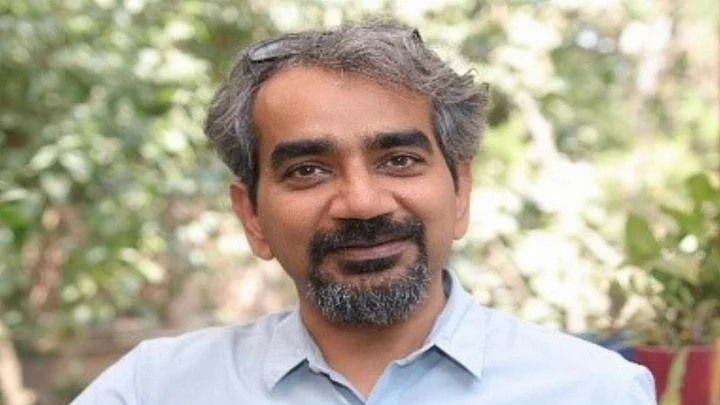The impact of climate change reverberates through cities worldwide, affecting people across the regions. In 2023, the planet experienced its warmest recorded year, marked by intense heat waves across Asia, Europe, and America. Additionally, globally, there was a surge in climate induced incidents floods, droughts, cyclones etc. resulting in significant losses to local flora and fauna. With India aiming to be a $5 trillion economy, the country is witnessing massive urbanization and infrastructural development, however, this growth is coming alongside the adverse implications including climate change. In a conversation, Dr. Anshu Sharma, Co-Founder, STS Global, shares his views on the effects of climate change and how AI (Artificial Intelligence) can be used to predict climate-induced incidents and more importantly help communities build resilience to them.
How do you think India should tackle the surge in disasters and climate-induced incidents?
Climate-induced incidents have doubled in the last decade in India. India has invested tremendously in disaster management, continuously improvising policies, frameworks, and plans. However, we believe that in a country with a population of over a billion, tackling these incidents will require more than just government intervention. It will require scalable systems of climate resilience in which technology is the backbone. Two examples of this are hyperlocal risk assessment and anticipatory loss estimate systems – these are path-breaking innovations which will help prepare the country for future disasters.
As India grapples with an increasing number of climate-induced incidents, do you think technology is the answer? If yes, are there any examples that serve as proof of concept and are ready to scale?
Technology is only one part of this complex answer. The other parts are policies, people and systems. Digital cash transfers have proven to be a game changer. So have accurate forecasts by the Indian Meteorological Department. Similarly, risk assessment is emerging as one such area – this is where we operate.
What is the meaning of Resilience 360?
Resilience from a 360-degree perspective. There is a very large number of variables that contribute to risk within the natural and built environment, and the people and assets at risk. Achieving true resilience requires deep understanding of these variables and addressing them in a systematic manner. This holistic approach to building resilience as a system, with the help of tech, people and policy is how we define our work towards making the world liveable. Our solutions are designed with this philosophy.
How will technology help avert disasters and mitigate the magnitude of destruction?
Technology will be able to do this by Anticipating incidents, absorbing shocks, and Adapting (learning and improving). This is also our definition of `resilience’.
What is the role of Artificial Intelligence in mitigating impending disasters?
AI is just a tool - similar to a device that we might use at home or in the workplace. As a climate tech enabler, human-assisted AI is a transformative tool that will save lives and assets across a wide range of threats, including earthquake, storms, floods, road accidents, diseases and much more.
What does ResSolv stand for and what does it aim to do?
ResSolv is an AI-based climate risk tool, which we have developed to solve the problem of unforeseen losses from known hazards. It uses high-resolution, remotely sensed data and multiple vulnerability data inputs to arrive at a hyper-local risk score. For the first time, risk assessments are possible at the level of individual buildings in a vulnerable area. It is also much quicker than other existing methods.
